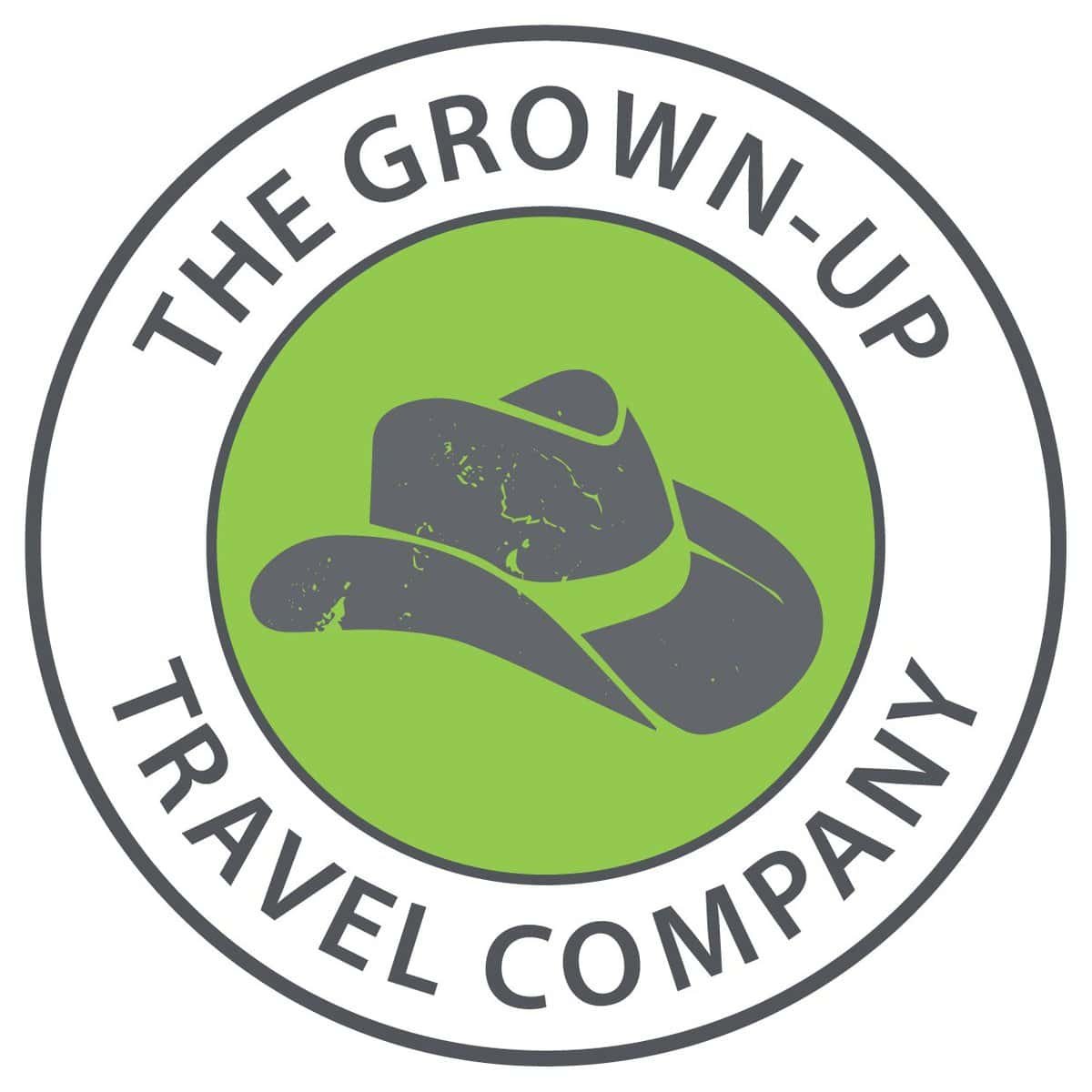Local Customs and Traditions
Traditional Ceremonies and Beliefs
In Mozambique, traditional ceremonies and beliefs play a significant role in daily life. These include ancestral worship and various rites of passage. The practice of curandeirismo, involving traditional healers known as curandeiros, is common, blending indigenous healing practices with elements of Christianity and Islam.
Social Structure and Community Life
Mozambican society is deeply rooted in community and family. Extended families often live together or in close proximity, emphasizing collective responsibility and mutual support. Respect for elders and adherence to traditional societal roles are key aspects of social life.
Festivals and Public Celebrations
Festivals in Mozambique, often with religious or agricultural significance, are vibrant and colorful. They provide an opportunity for communities to come together, celebrate their cultural heritage, and showcase traditional music, dance, and cuisine.
Modern Cultural Scene
Music as a Cultural Force
Contemporary Mozambican music is a fusion of traditional rhythms with modern genres. Artists often use music as a means to address social issues, celebrate Mozambique’s cultural diversity, and connect with global audiences.
Urbanization and Cultural Change
In urban areas like Maputo, there is a dynamic interplay between traditional customs and modern influences. Young people, in particular, are navigating a cultural landscape that reflects both global trends and Mozambican traditions.
Film and Literature
The film industry in Mozambique is developing, with filmmakers exploring the nation’s complex history and contemporary challenges. Literature is also a growing field, with authors like Mia Couto gaining international acclaim for their work that weaves together the country’s diverse cultural threads.
Culinary Traditions
Influence of the Sea and Land
Mozambique’s cuisine is influenced by its long coastline and agricultural tradition. Seafood, particularly prawns, is a staple along the coast, while inland areas rely more on agricultural products like maize, cassava, and beans.
Portuguese and African Fusion
The culinary landscape of Mozambique is a blend of African ingredients and Portuguese influence. Dishes like Piri-piri chicken, Matapa (a dish made with cassava leaves, nuts, and coconut milk), and various seafood recipes reflect this fusion.
Street Food and Local Delicacies
Street food is an essential part of Mozambican cuisine. In cities and towns, vendors offer a variety of local delicacies, including grilled corn, Pãozinho (Portuguese-style bread rolls), and fresh tropical fruits.
